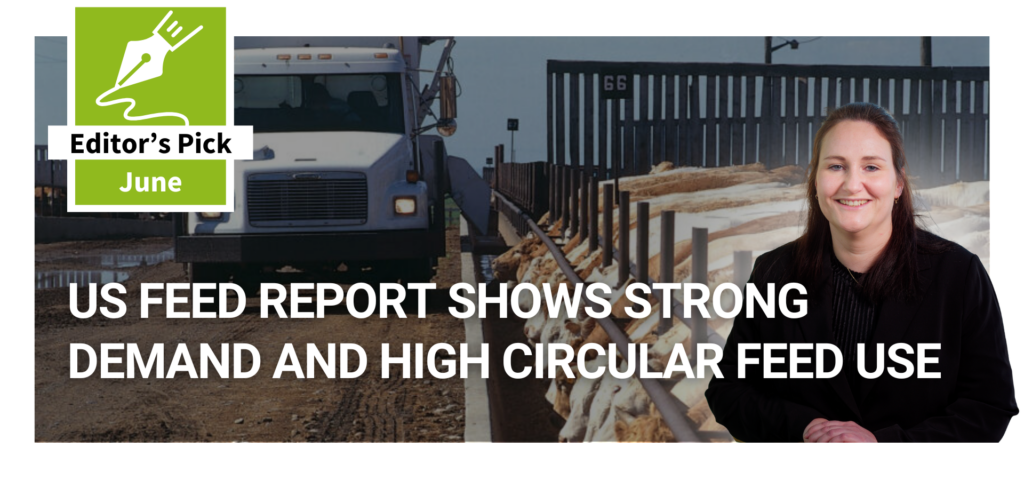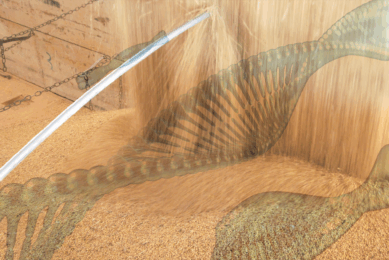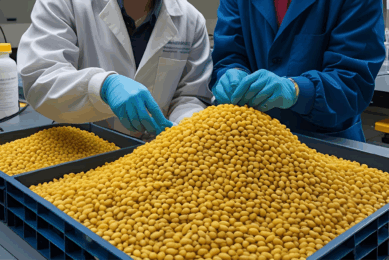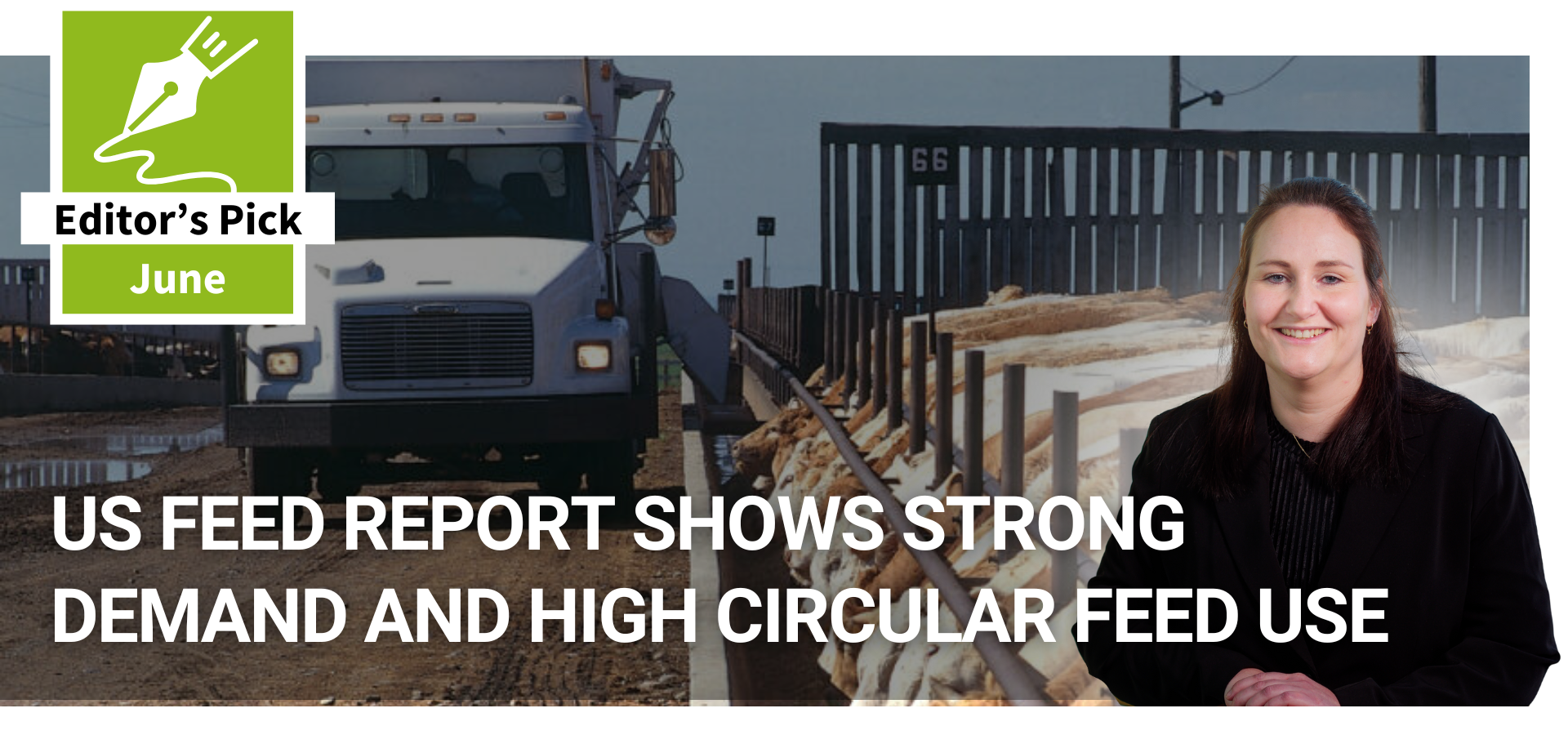Poland mulls restrictions on GMO use as feed prices plummet
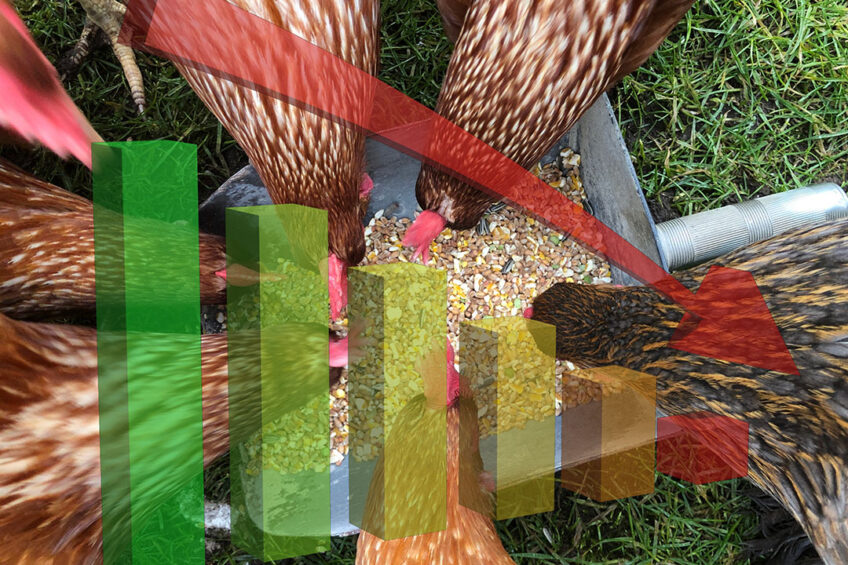
A group of Polish lawmakers have proposed to oblige feed manufacturers to gradually move away from genetically modified organisms (GMOs). The proposal comes up in the background of a slump in feed prices, which has triggered mass investments in the poultry industry in Poland and other European Union states.
Lawmakers estimated that the proposed scheme would eventually lower Poland’s feed protein imports, which are primarily comprised of GM corn and soybeans, by 45%.
The proposal is “consistent with the actions already implemented by the government to build protein sovereignty” and “ensure protein security in the event of a global protein crisis on the feed market,” the explanatory to the bill said.
Under the plan, feed manufacturers will need to ensure that feed will contain at least 15% of non-GM components by 2025. The threshold is due to be gradually raised to 44.9% through 2032.
Poland annually imports approximately 1.4 million tonnes of protein, primarily in the form of soybean meal primarily used in poultry feed production, the lawmakers reported.
Poultry industry revival
The poultry industry in Poland, among other European countries, enjoyed exceptionally high profitability in the past few months, secured primarily by a slump in feed prices, a local news outlet, Farmer, reported, citing analysts with Credit Agricole Bank.
The analysts indicated that the poultry industry entered a revival stage following years of turbulence.
“The industry’s revival is bolstered by very high profitability, which encourages producers to expand their production capacity of chicken population,” the analysts stated. “In the coming quarters, we expect further acceleration of the reconstruction of poultry production capacities in the EU, which will contribute to a drop in prices.”
Resistance is likely
This is not the first time Polish lawmakers have tried to restrict the use of GMOs in feed.
On November 2, 2022, the Polish government adopted a series of amendments to the Feed Act, under which production, marketing and use of feed containing genetically modified components should be prohibited without any transition period from January 1, 2024.
However, the decision sparked criticism from 10 agricultural unions, which warned about the tremendous losses the business was expected to suffer as a result of the move. The unions stated that in addition to a significant increase in costs, problems related to feed availability should be expected due to the lack of substitutes for GMO soybean meal.
The initiative was eventually scrapped, and according to local press, the new attempt is likely to face similar resistance.



